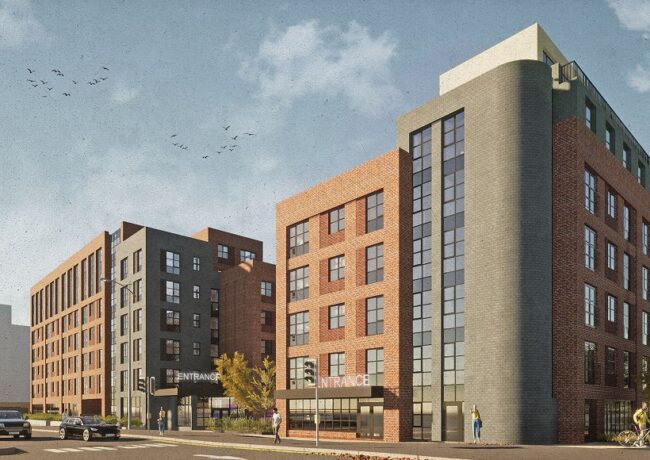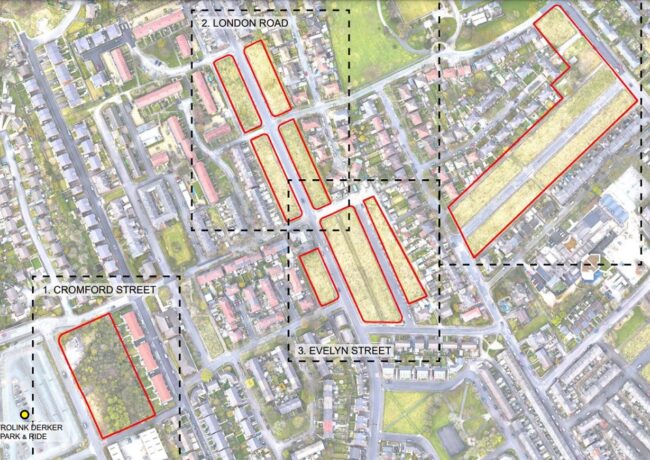Manchester gears up to address rental issues
The city council will consult this week on a draft strategy that aims to reverse “polarisation” in the traditional private rented sector, particularly challenges facing the lower end of the market.
A report to Manchester City Council’s Neighbourhood and Environment Scrutiny Committee said economic issues linked to the rental market, including housing supply, affordability, welfare reform, homelessness and so-called ‘no-fault’ evictions – when private landlords can repossess their properties from tenants without having to establish fault on the part of the tenant – have prompted the council to review its PRS strategy.
The council is working to introduce a “robust and re-focussed” framework for the next five years, the report states.
The traditional PRS sector has expanded in recent years to encompass institutionally funded, large-scale, often high-rise build-to-rent schemes such as those being delivered in Manchester by M&G Real Estate, Capital & Centric, Renaker and Mulbury. Such schemes are typically seeking to offer solutions to some of the social and economic problems linked to the wider rental market.
The committee report highlights affordability issues arising from a buoyant housing market, and concerns that landlords and letting agents are “actively discouraging residents who claim welfare benefits from accessing accommodation”.
The council is working to develop a PRS charter that “defines parameters and sets out best practice” for parties involved in providing short-term letting opportunities, which can “impact adversely on the quality of life and comfort of neighbouring residents”, according to the report.
The council also proposes conducting a survey to identify the estimated cost of retrofitting PRS properties to bring them in line with Manchester’s 2038 zero carbon deadline. The survey would be completed by April 2021.
The report said: “We will consider the use of equity loans for two pilot projects in the private sector to demonstrate what can be done to retrofit existing housing.
“One pilot is aimed at older, terraced housing to identify whether undertaking works to a group of properties is more cost-effective than [work to] individual properties. The other is aimed at individual private sector properties to determine the overall cost of a range of interventions.”
However, it noted that “major challenges exist” in identifying suitably qualified professionals to carry out the work.
Cllr Suzanne Richards, executive member for housing and regeneration, said: “As part of the Council’s response to the climate emergency we also need to address the zero carbon retrofit challenge. That is why we have commissioned a stock survey and will be exploring ways in which we can work with landlords to respond to zero carbon, while keeping homes affordable and providing security of tenure.
“What is clear is that we need more powers from Government to address these challenges, but we are determined to do all we can in the meantime to ensure all Manchester residents have access to a safe and secure home.”
The report will be taken to the council’s executive in June 2020.




